The festival offers an immersive environment where visitors can deeply interact with these ideas through various films and discussions, with a wide array of films spanning different languages, including German, English, French, and Hindi, and spanning genres from documentary features and narrative features to experimental shorts and animated shorts. Filmmakers and scholars have been encouraged to create a colorful, interactive space that encourages people of all ages to consider carbon’s critical role in our lives and the global ecosystem.
Find out more here: https://bangaloreinternationalcentre.org/event/carbon-film-festival/

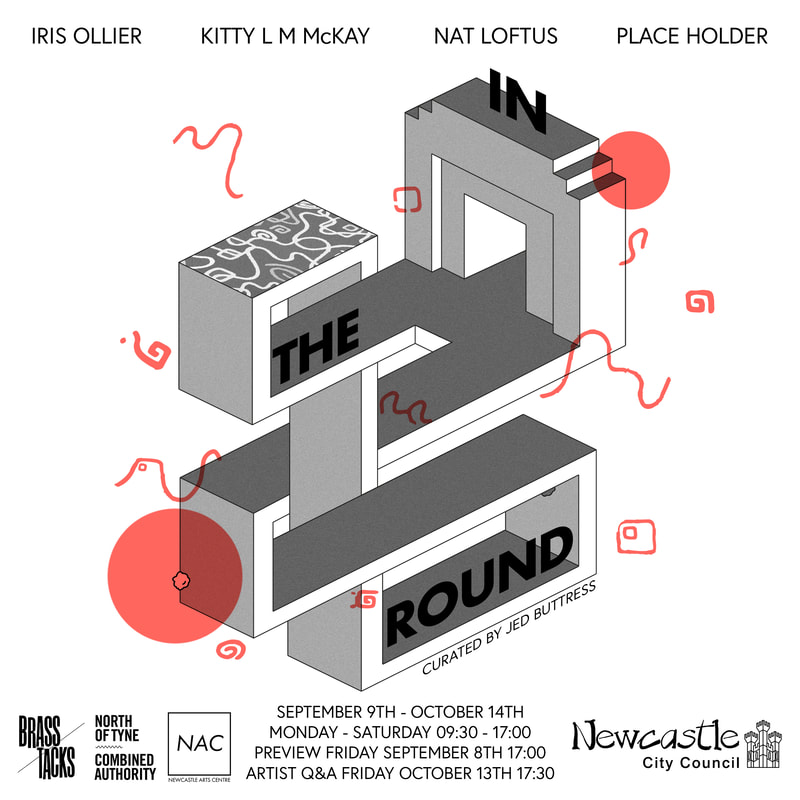
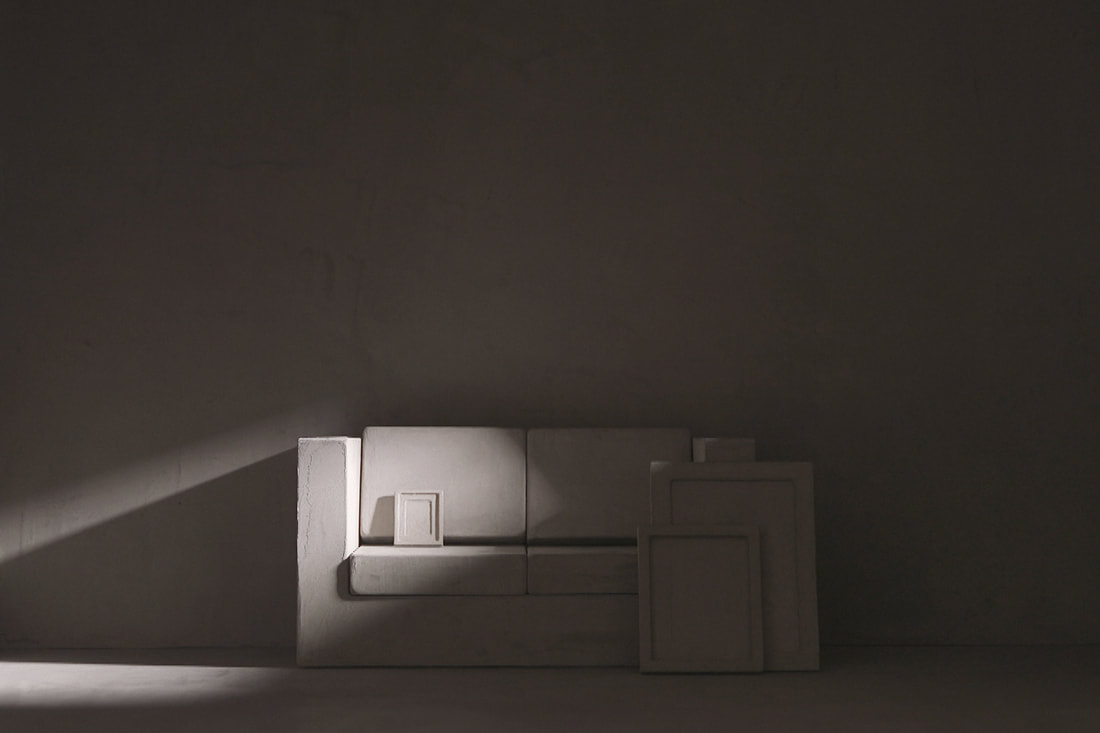
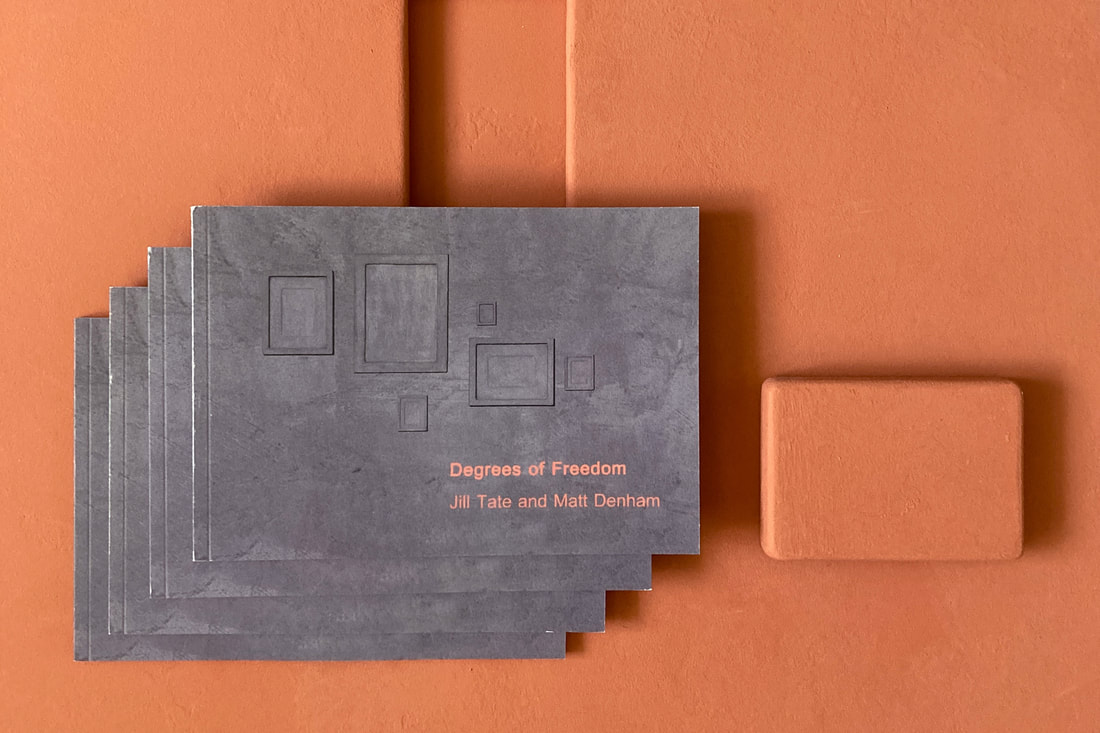
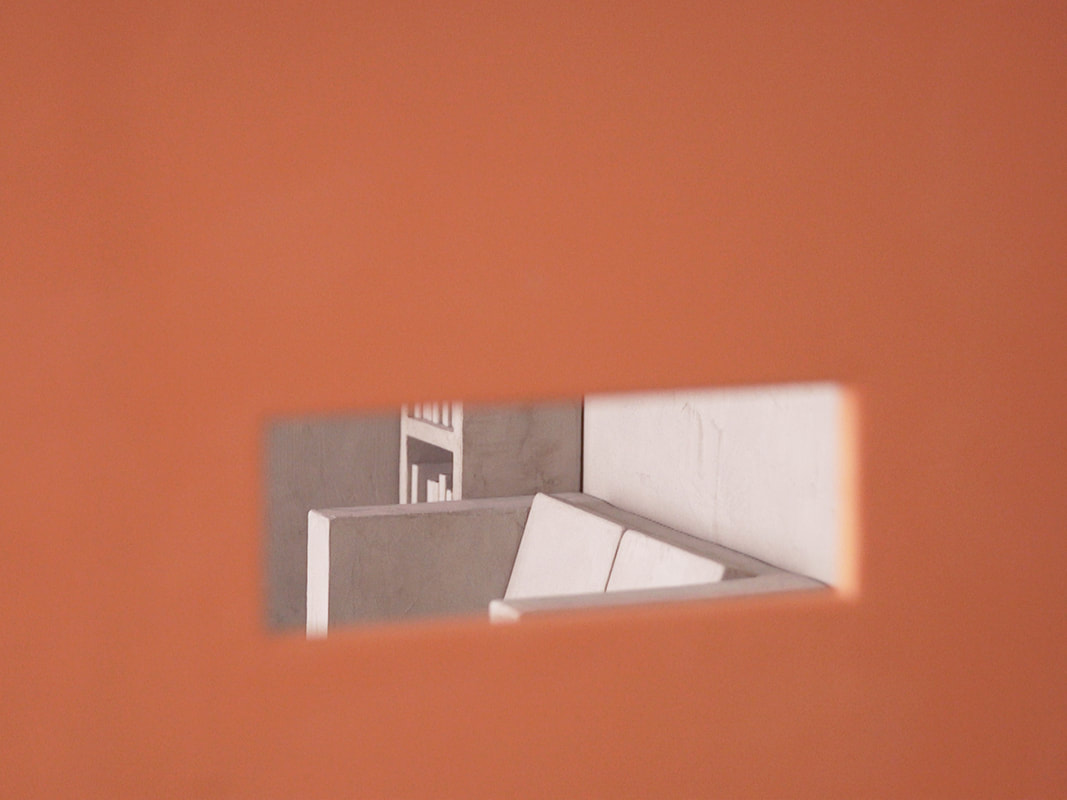
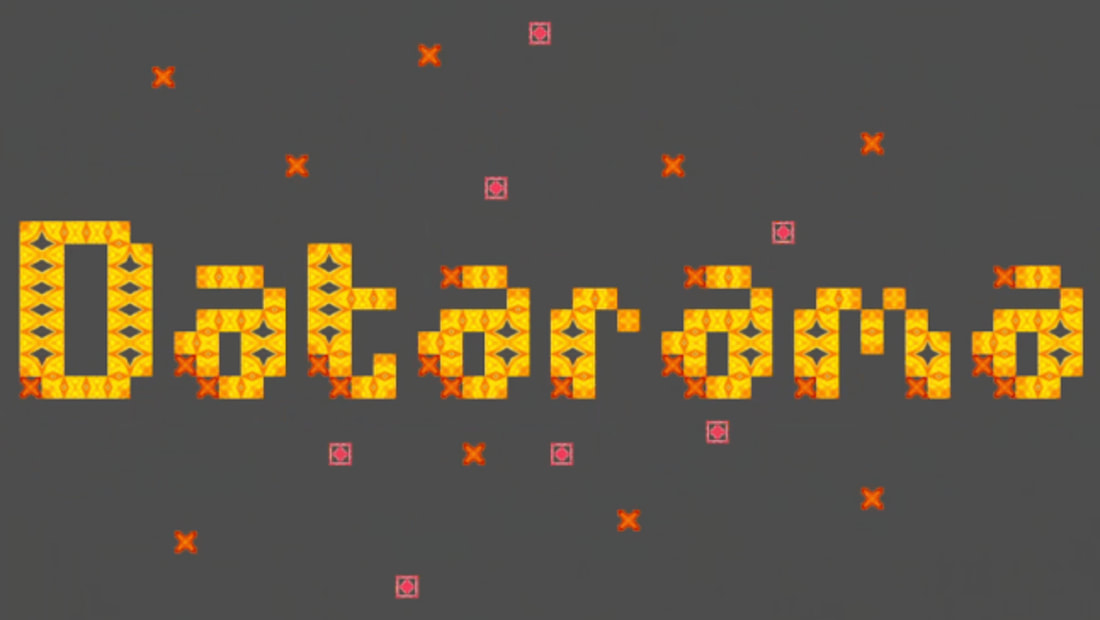

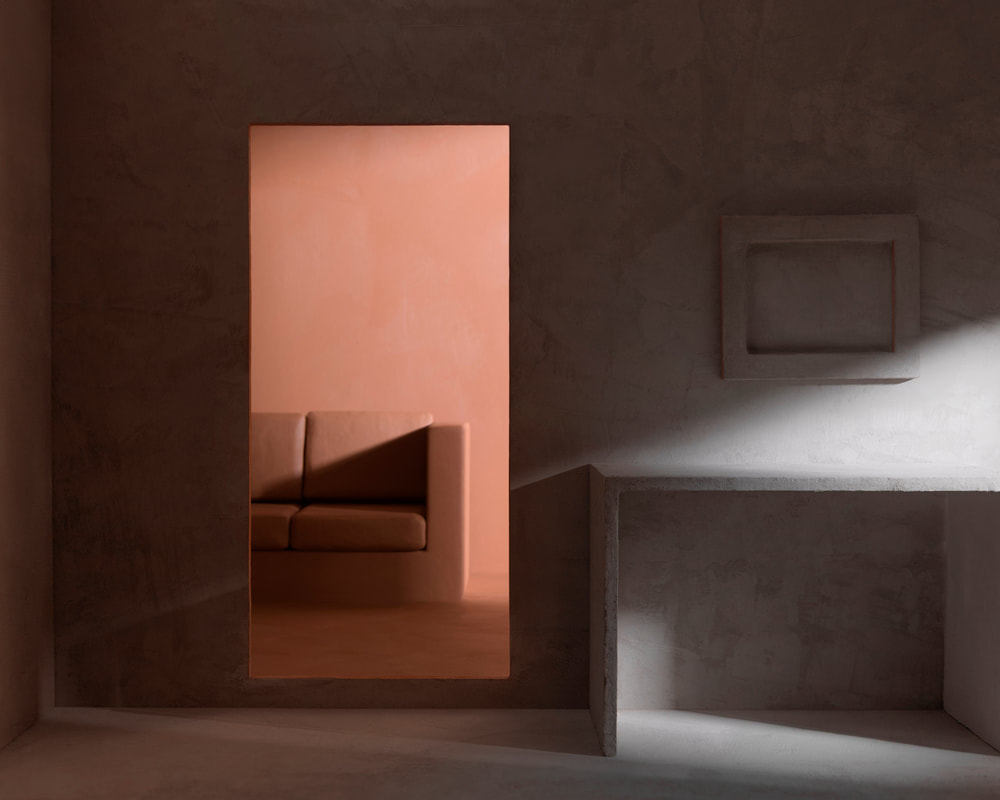
 RSS Feed
RSS Feed